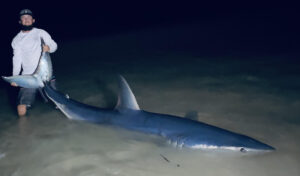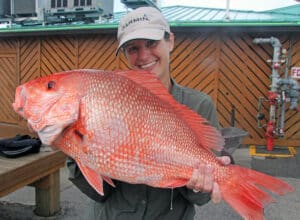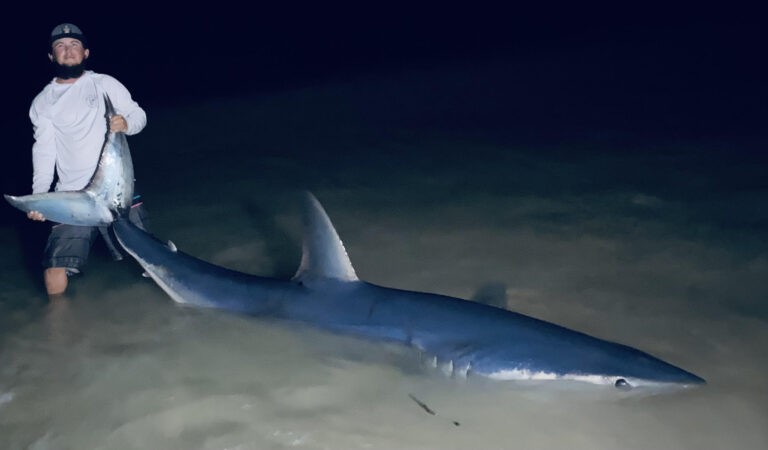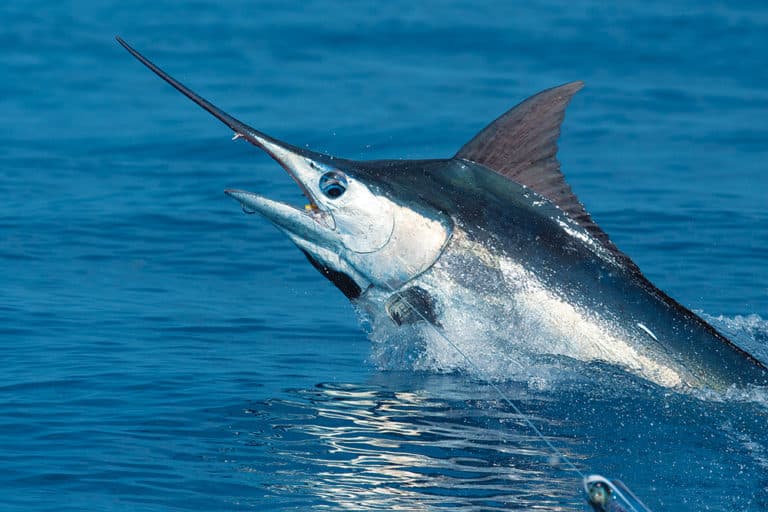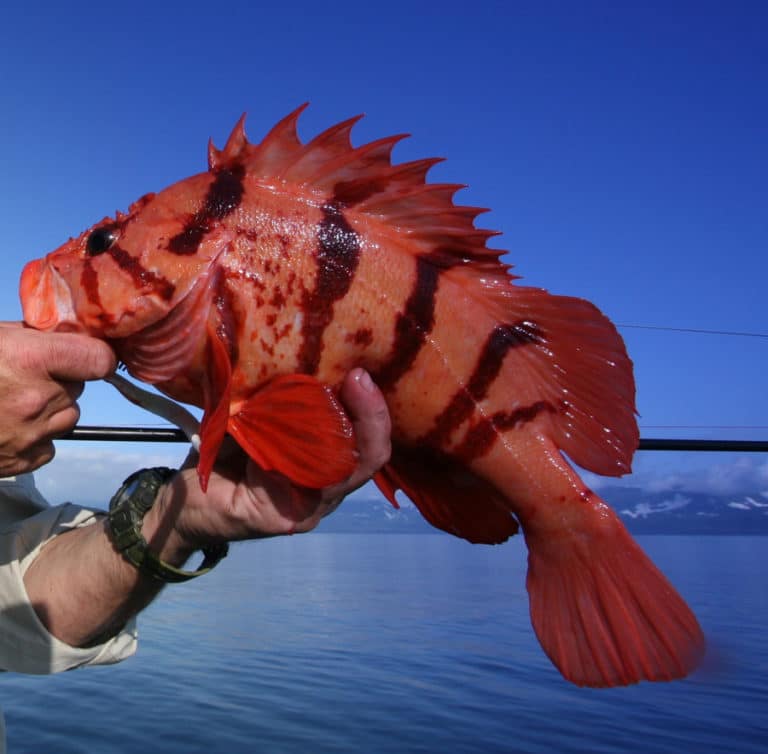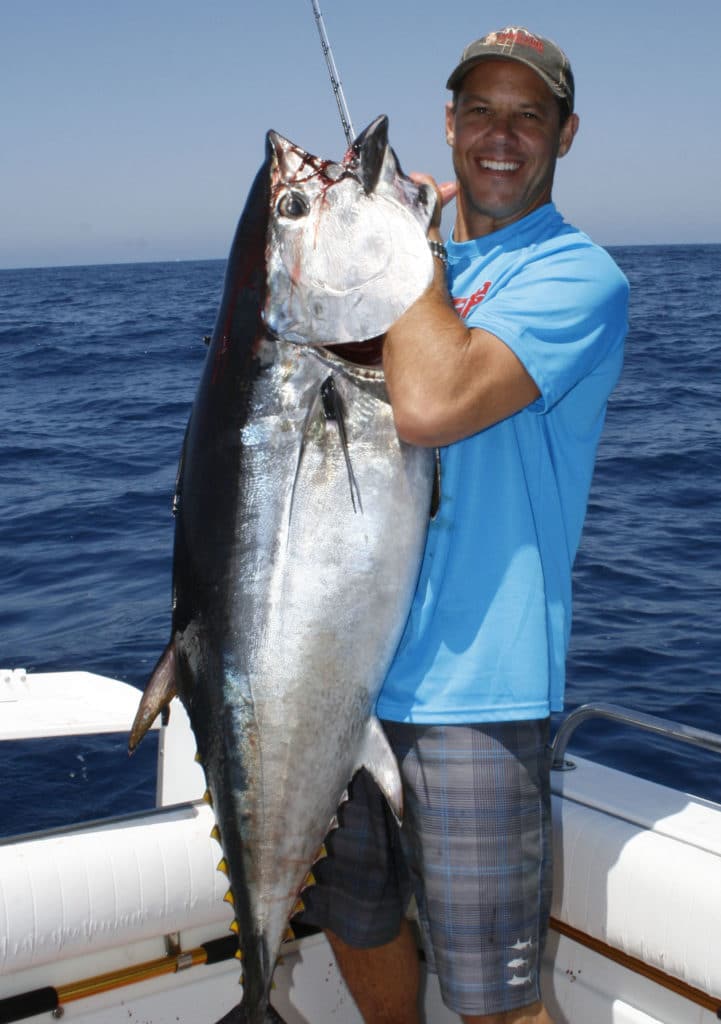
Alexandria, Virginia — Several regional and national recreational fishing organizations submitted official comments to NOAA Fisheries opposing listing Pacific bluefin tuna as endangered under the Endangered Species Act (ESA). The letter was in response to a petition filed earlier this year to ban all fishing, including recreational fishing, for Pacific bluefin tuna in U.S. waters. In the letter, the American Sportfishing Association (ASA), the Coastal Conservation Association, the Coastside Fishing Club and the Congressional Sportsmen’s Foundation argue that an ESA listing is not applicable, would be ineffective management policy and would unfairly harm sport-fishing and related industries on the West Coast, especially in Southern California.
“Only 1.5 percent of Pacific bluefin tuna are harvested by U.S. anglers,” said ASA Government Affairs Vice President Scott Gudes. “Almost all bluefin tuna are, in fact, caught by foreign commercial fishermen overseas. The petition, if approved, would penalize recreational fishermen and the sport-fishing industry, while providing no meaningful benefit to Pacific bluefin tuna stocks.”
The United States Government, NOAA, and the international organizations responsible for management of tuna — Inter-American Tropical Tuna Commission (IATTC) and the Western and Central Pacific Fisheries Commission (WCPFC) — took action several years ago to reduce fishing pressure and conserve tuna fisheries. The most recent scientific data demonstrates that these international conservation efforts have been successful in stabilizing the global population. Stocks have begun rebuilding.
“We must rebuild the Pacific bluefin tuna stock and management measures now show progress” said Marc Gorelnik, a member of the Pacific Fishery Management Council. “The reality is that the Pacific bluefin tuna is not in danger of extinction now or in the foreseeable future and a listing will not meaningfully accelerate stock rebuilding.”
Bluefin tuna are an important species to offshore recreational fishing in California along with other types of tuna and open ocean migratory fish. The tuna sport-fishing industry along the Southern California coast generates more than $100 million in annual spending.
“If this ESA listing is successful, recreational fishermen, guides and companies along the West Coast face possible negative impacts, including losses of revenue,” said Bill Shedd, President of the California Chapter of the Coastal Conservation Association.
NOAA solicited input on the ESA listing and the public comment period closed on December 12. About 700 anglers registered their concerns to NOAA through the Keep America Fishing website. A decision is likely by next summer.
“Anglers and the recreational fishing industry are conservationists who strongly support sound fisheries management efforts,” noted Gudes. “We recognize the need to sustainably manage tuna stocks for future generations, but in a manner that is fair and backed by science.”

